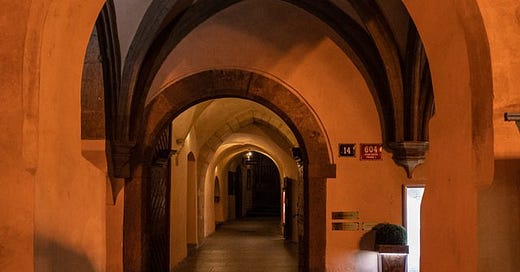The span of several centuries separates Justice Alito from the Taliban leader
It’s not accurate to say that US supreme court justice Samuel Alito and Taliban religious leader Haibatullah Akhundzada are cut from the same cloth. The span of a few centuries separates the two men.
Justice Alito wrote the majority opinion overruling Roe v. Wade, the landmark 1973 ruling that declared a constitutional right to abortion. His guiding star appears to be the thinking of the 17th century. Not too long ago, Emily Bell, director of the Tow Center for Digital Journalism at Columbia University, noted that Justice Alito’s justification for overturning abortion rights appeared to be treatises written by an English jurist Sir Matthew Hale in 1673.
‘The New York Times’ reported that, in 1985, before he was on the Court, Mr Alito took “umbrage” at a judge’s comments that “forcing women to listen to details about fetal development before their abortions”…
Keep reading with a 7-day free trial
Subscribe to This Week, Those Books to keep reading this post and get 7 days of free access to the full post archives.





